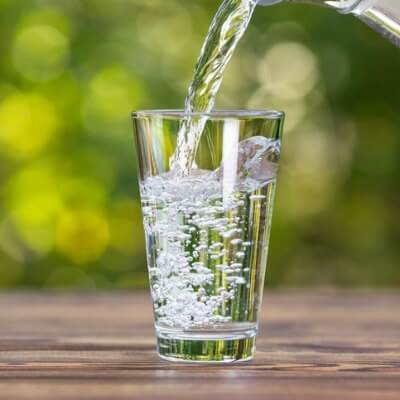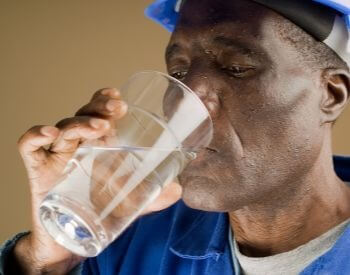
This web page contains water nutrition facts for kids and is an excellent resource for anyone of any age looking to learn about the nutritional value of water. Our goal is to provide you with accurate, up to date facts about water nutrition. In addition to facts about water nutrition, we provide additional resources to help you with your research on the importance of water consumption.
The water nutrition facts below will help you learn about the nutritional value of water, why all living organisms need water, how water can improve your health, the different types of water and other water nutrition related facts. We hope these water nutrition facts are interesting and help you learn more about the value of water.
If any of the below water nutrition facts are inaccurate, please contact us and let us know.
20 Water Nutrition Facts for Kids
- Humans need the right amount of water intake to maintain proper fluid balances and homeostasis.
- Water is an essential nutrient for the human body.
- The human body cannot create water; therefore, humans drink water to add it to their bodies.
- The human body can only go about three days without water intake, around this time many important biological functions will start to fail and eventually death will occur.
- The weight of the human body on average contains between 50 and 60% water. This amount of water weight in the human body varies by gender, age, body fat, muscle mass, climate and activeness.
- The amount of water you consume in a single day is known as your daily fluid intake.
- Your daily fluid intake is the total water consumer from drinking plain water, other beverages and food.
- Humans get water from the food they eat. For example, 90% of the weight of fruits and vegetables is water.
- Drinking plain water is a healthy source of hydration. However, many people obtain their water from sugary beverages and unhealthy foods. While these sources can support your water intake needs, they can cause other problems, like obesity and diabetes.
- One cup of tap water (8 ounces) contains no calories.
- One cup of tap water (8 ounces) contains no fats.
- One cup of tap water (8 ounces) contains no carbohydrates.
- One cup of tap water (8 ounces) contains no protein.
- One cup of tap water (8 ounces) contains no organic nutrients.
- One cup of tap water (8 ounces) contains around 12 milligrams of sodium.
- In terms of water nutrition, the amount of water you need to intake varies by the climate where you live, how active you are, your age, weight and gender.
- The average adult male needs to intake around 130 ounces of water each day.
- The average adult female needs to intake around 91 ounces of water each day.
- A human can drink to much water and that will have negative affects on the body. Drinking to much water can cause an electrolyte imbalance, which can inhibit brain function and cause death.
- Drinking too much water is known as water intoxication or overhydration.
Water Nutrition Pictures



Additional Resources on Water Nutrition
- Drinking Water and Intake – Learn more about the health benefits and intake requirements of water on the CDC website.
- Drinking Water Nutrients – Discover all of the nutrients in drinking water on the World Health Organization website.
- Water and the Human Body – An excellent article on the USGS website talking about the water content in the human body.
- Water – Britannica – Find more facts and information about water on the Britannica website.
